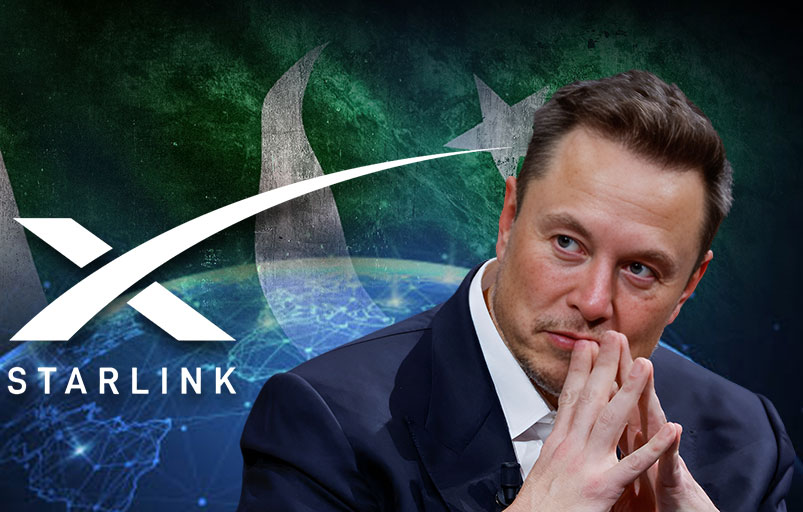The Pakistan Telecommunication Authority (PTA) on Friday issued Starlink with a No Objection Certificate (NOC), therefore enabling a major step towards the introduction of the satellite-based internet service in Pakistan.
Officials claim that the NOC, which Starlink needed to get a PTA licence, was authorised by the Pakistan Space Activity Regulatory Board following statutory criteria. The choice was taken in line with Prime Minister Shehbaz Sharif's directions, therefore underlining the government's intention to increase digital connection.
Applying for a telecom licence on February 24, 2022, Starlink registered with the Securities and Exchange Commission of Pakistan (SECP). Later on, the matter was sent to the Ministry of IT for March 2022 consultation.
Notwithstanding these technical obstacles, industry observers believe Starlink's arrival will revolutionise Pakistan's internet scene particularly in rural and distant areas where conventional broadband is still either unavailable or unreliable.
Pakistani expected starlink packages and pricing
Though a formal launch date is currently unknown, preliminary estimates indicate Starlink will offer three service packages in Pakistan with the following projected cost:
- Residential package: Rs 35,000/month (50-250 Mbps) with a one-time hardware installation cost of Rs 110,000.
- Monthly business package: Rs 95,000; one-time setup cost: Rs 220,000
- Monthly mobility package worth Rs 50,000; one-time hardware cost of Rs 120,000
Although Starlink's speeds and satellite connectivity have clear benefits over traditional broadband, its exorbitant package prices raise questions over its accessibility to the typical Pakistani customer.
Starlink would have some difficulties before starting its services in Pakistan even after acquiring a PTA licence. Industry insiders suggest that it will take at least a year to establish ground stations, get security clearances, and guarantee smooth integration inside the current telecom ecosystem.
The regulatory structure controlling satellite internet services is still another important matter. Unlike conventional fibre or cellular networks, satellite-based internet calls for more security and spectrum allocation clearances, which might affect deployment times even more.
But Starlink's ultimate arrival in Pakistan is likely to heighten competition in the broadband market, hence driving current internet service providers (ISPs) to enhance their products.






